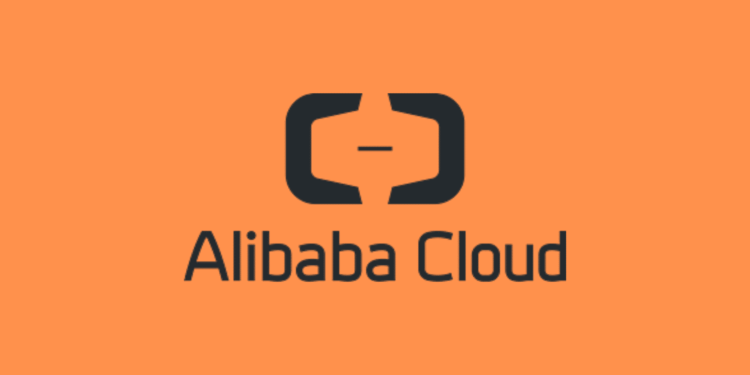Chinese-based cloud vendor Alibaba Cloud seems not only to be interested in utilizing Web3 potential to the fullest but also in taking part in the world’s most business-friendly crypto nation’s roadmap.
In its mission to further boost its Web3 strategy, Alibaba Cloud is set to launch a blockchain node service next quarter – a move the Chinese cloud vendor believes developers need to bring their applications more quickly to the market.
In addition, Alibaba Cloud would also play a part in Singapore’s roadmap to migrate from its government services to commercial clouds, which currently envelops Google, Microsoft, and Amazon Web Services.
Alibaba Cloud To Introduce Blockchain Node Service For Web3 Developers
Alibaba Cloud has since been interested in blockchain potential and its use case to help others. Earlier this year, the Chinese cloud vendor established a team solely focused on fostering its Web3 strategy across international markets outside China.
Raymond Xiao, Alibaba Cloud’s head of global industry solutions and architecture, noted that the team establishment was all to enhance the company’s infrastructure, products, and services, as well as partners to support customers’ transition to Web3 applications.
The Chinese vendor has made an essential goal to support developers in building applications in Web3 by providing the necessary tools needed for the fast development of applications to the market.

Next quarter, the company plans to launch a new API-driven blockchain node service that will enable Web3 developers to access different blockchain protocols, including Avalanche and Polygon, said Xiao.
Adding that the PaaS (platform-as-a-service) offering will only be available outside of China, and it aims to help cut operational as well as maintenance time for Web3 developers, who generally have to build and maintain each node.
Supporting Singapore’s Government Cloud Roadmap
In 2018, Singapore revealed a five-year roadmap dubbed Government on Commercial Cloud (GCC) to advance a massive amount of its on-premise IT systems to commercial cloud platforms.
This move aimed to provide government agencies with a framework for adopting commercial services offered by cloud vendors as the country seeks to accelerate the delivery and improve the quality of government services to its population.
As of now, the roadmap has moved to its second phase. According to the Singapore government, “the second phase looks to tap existing cloud-native capabilities and enable product teams to deliver government digital services more quickly and securely at reduced costs.”
Alibaba Cloud is keen to play a role in the country’s GCC 2.0. Other cloud vendors taking part in the roadmap include AWS, whose availability of GCC 2.0 was debuted in May this year; Azure which was recently added last month; and Google Cloud, slated for general availability on GCC 2.0 next year.
“Adding more vendors to the mix was critical to offer users more choices,” said Alibaba cloud Singapore general manager Derek Wang























